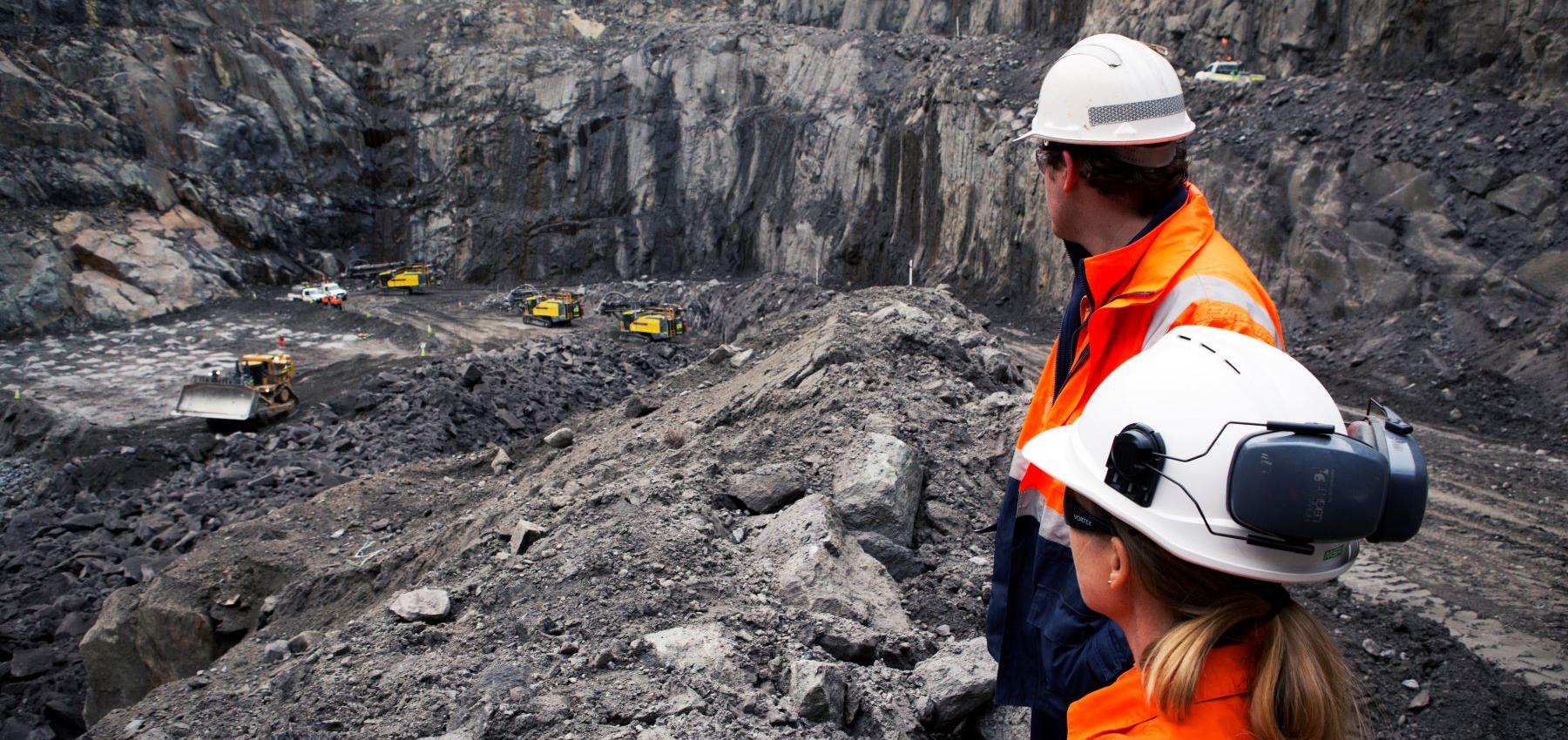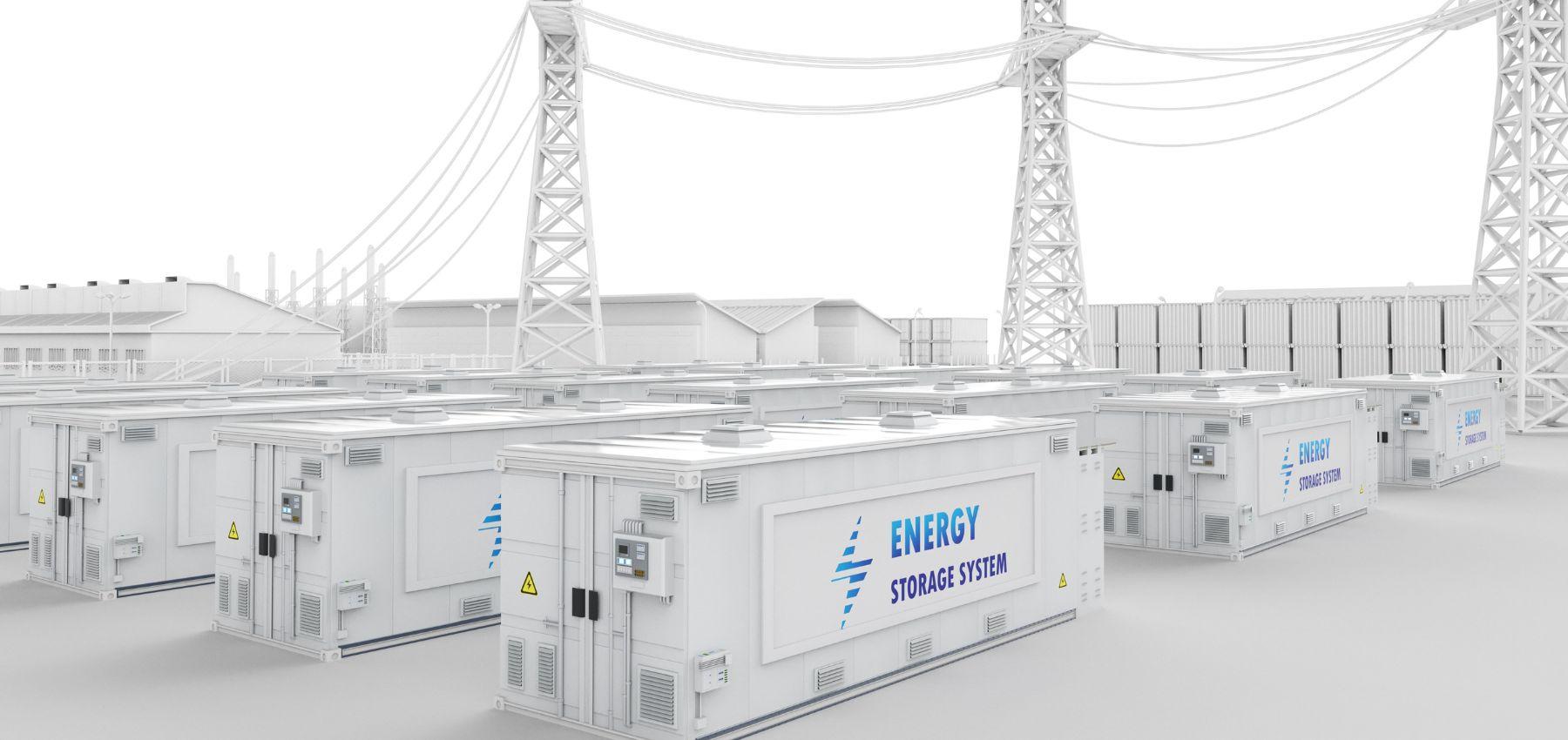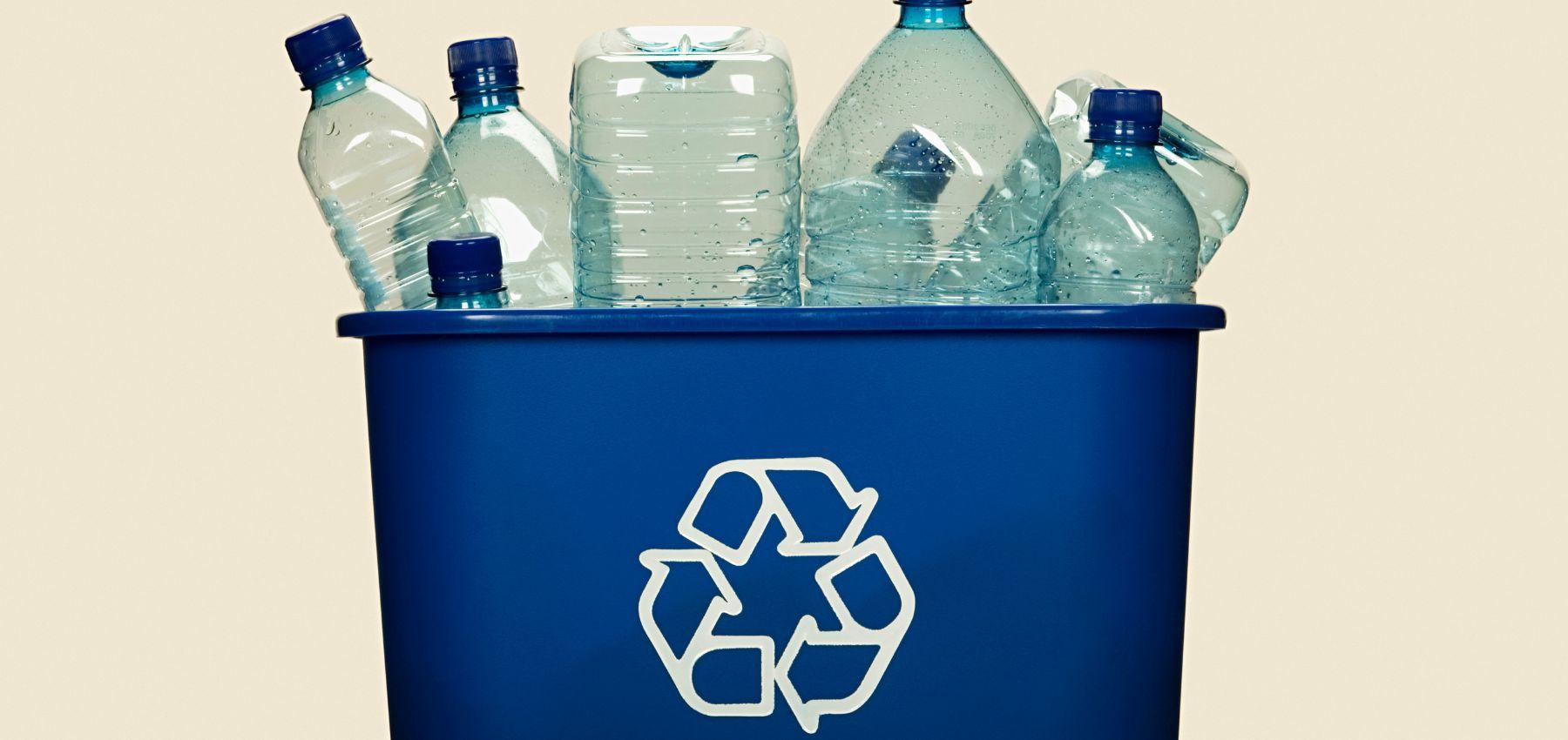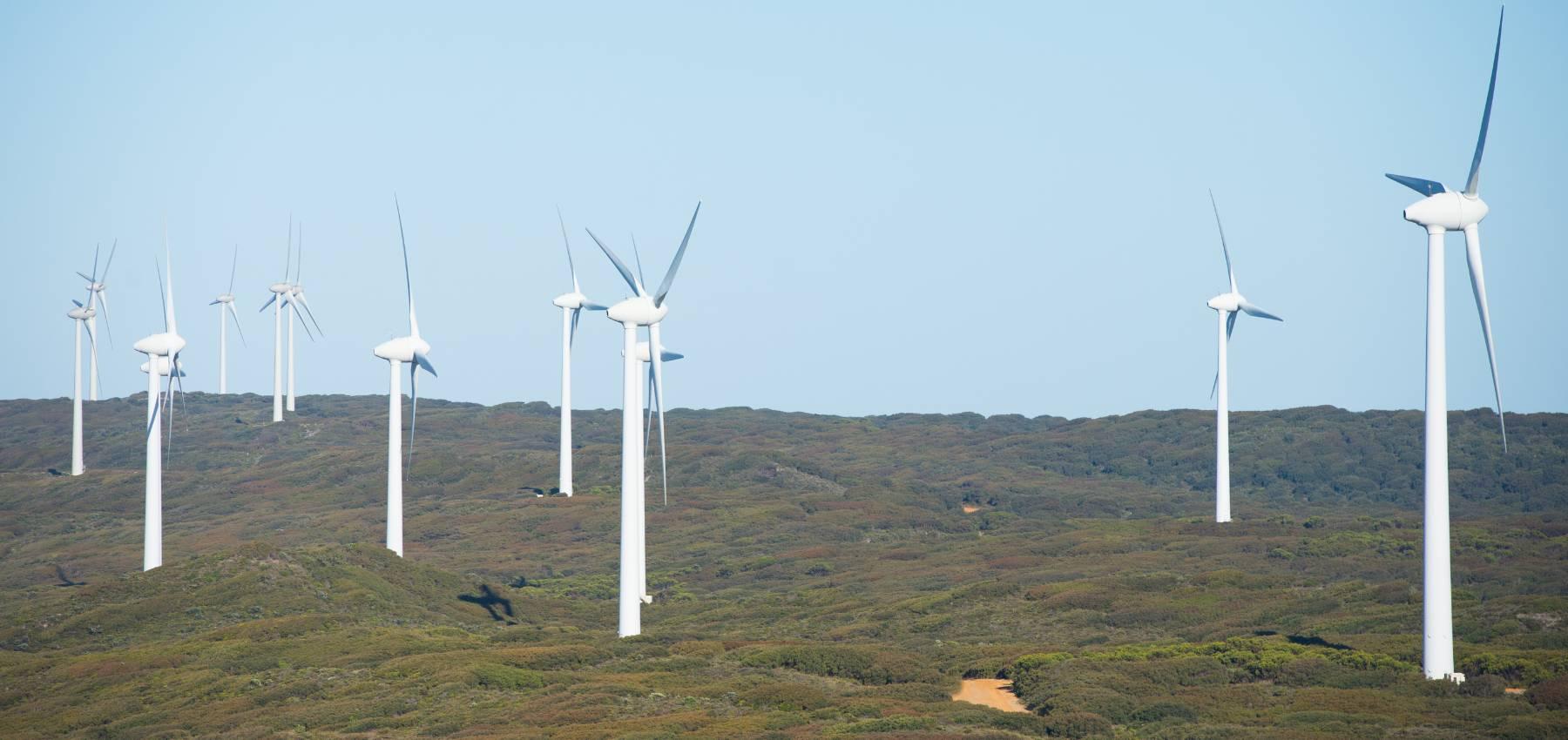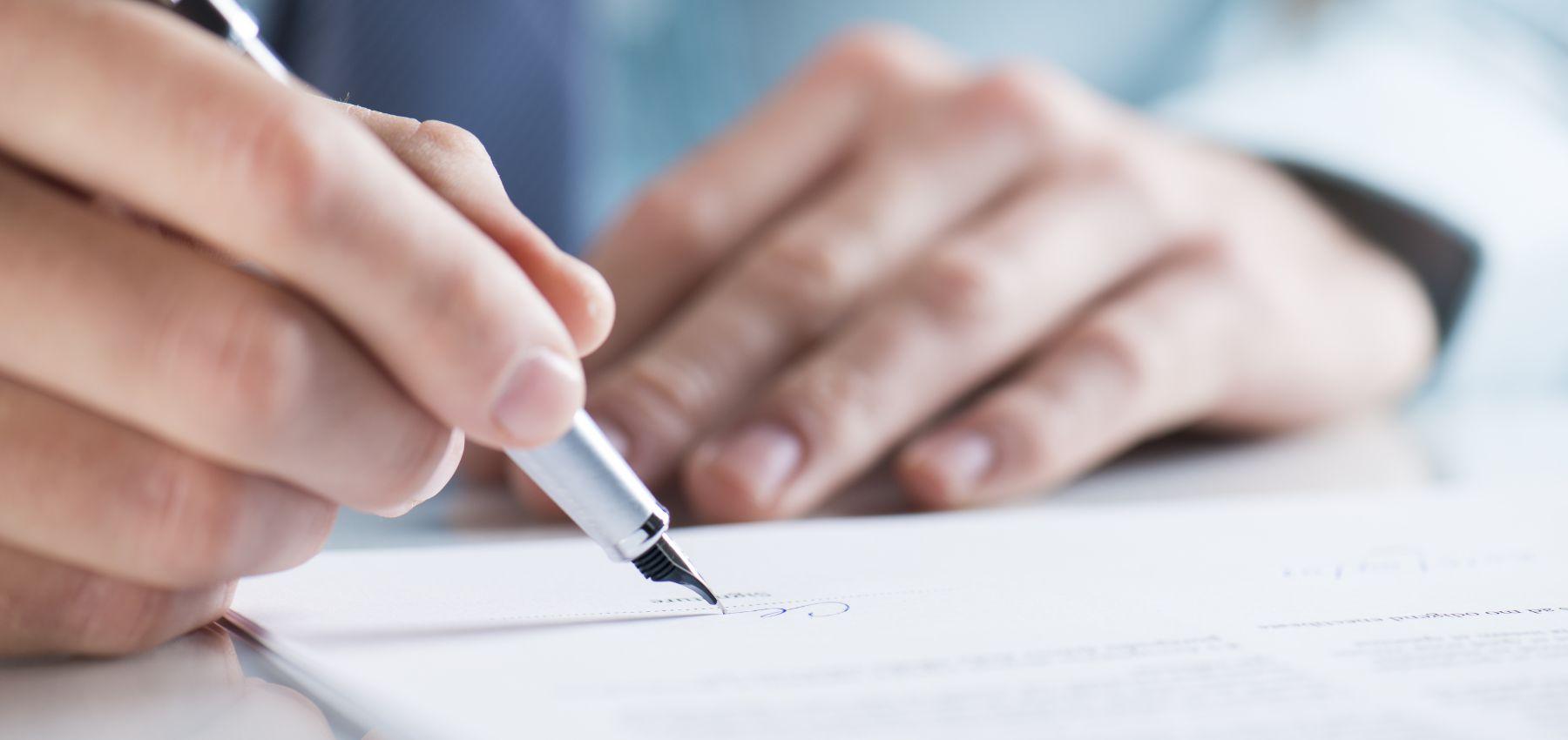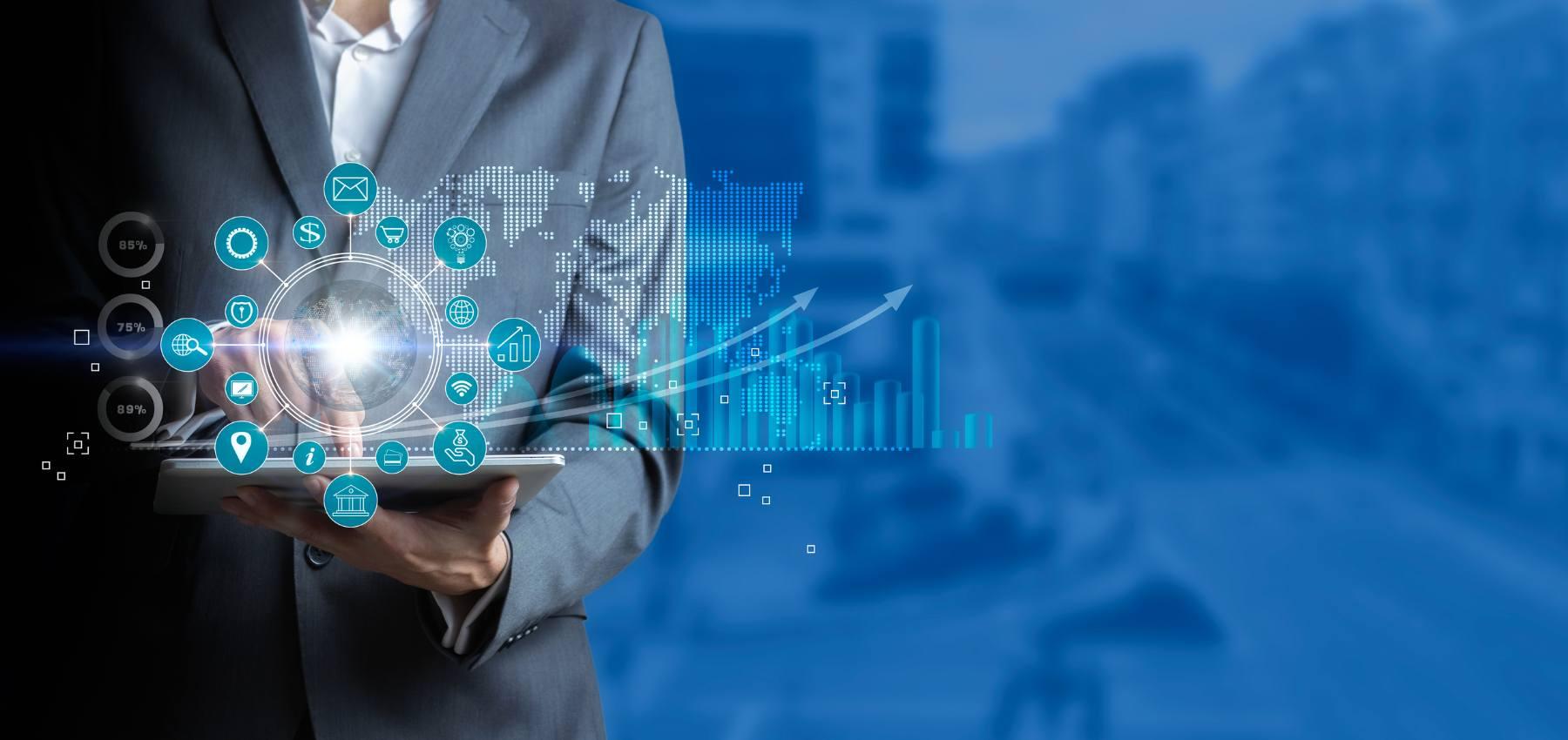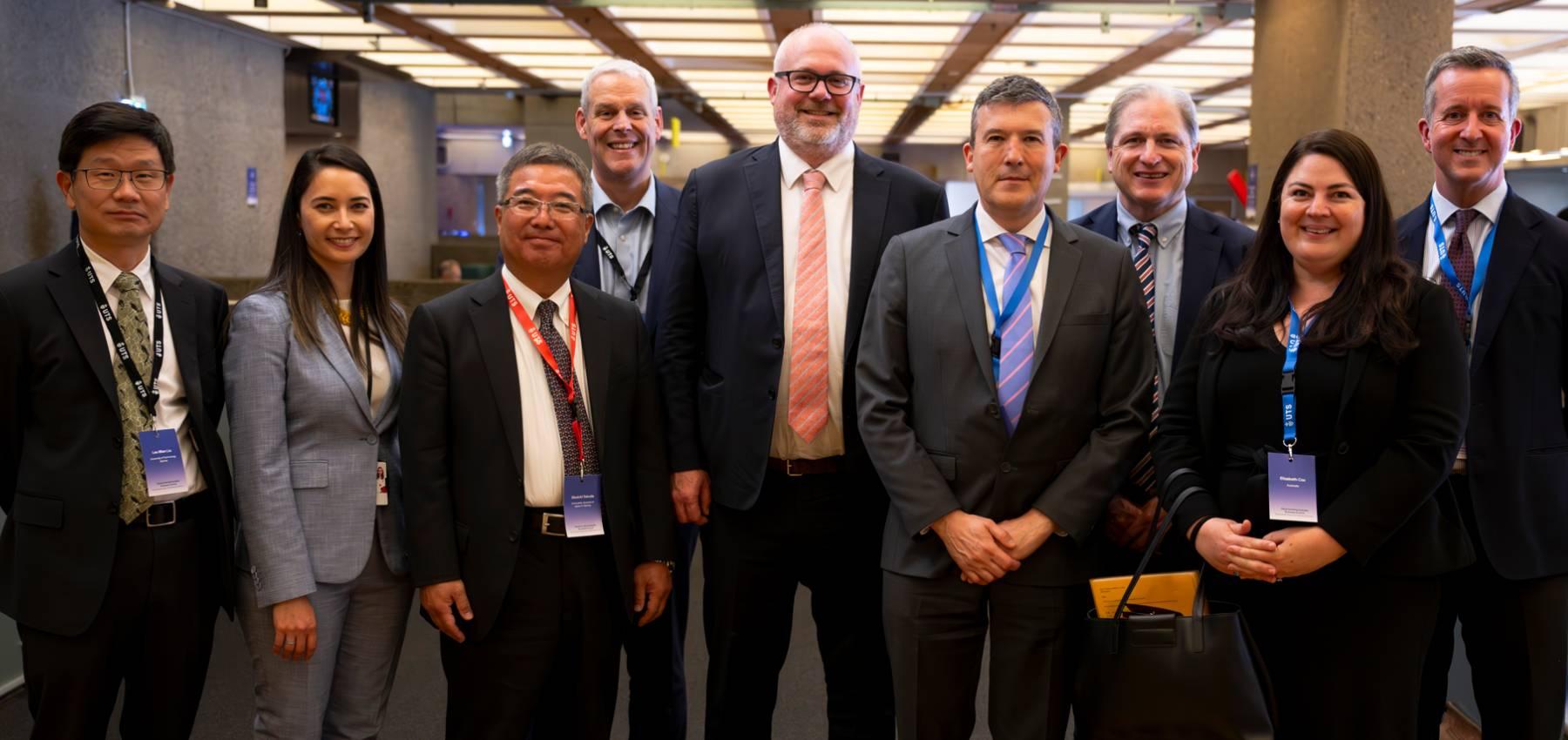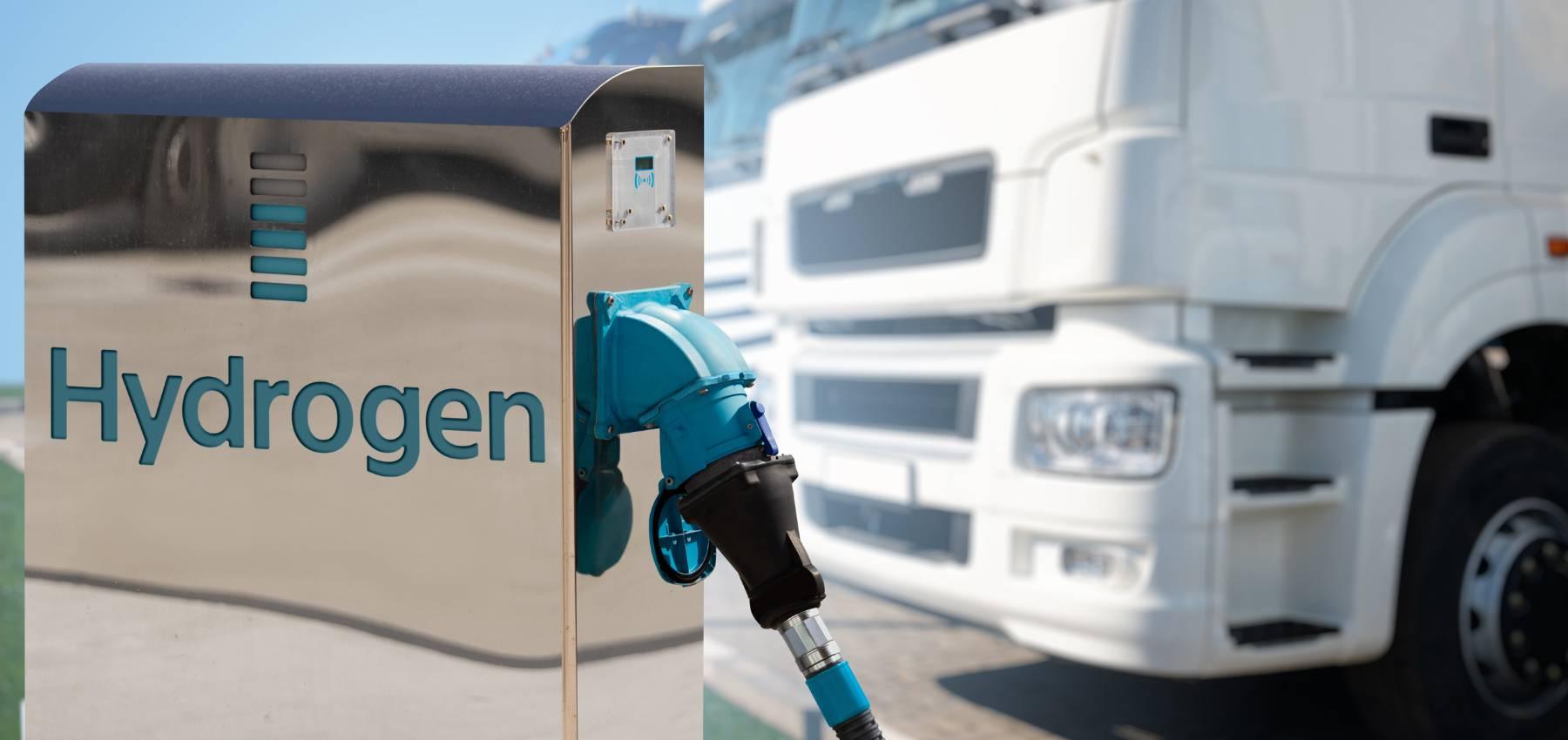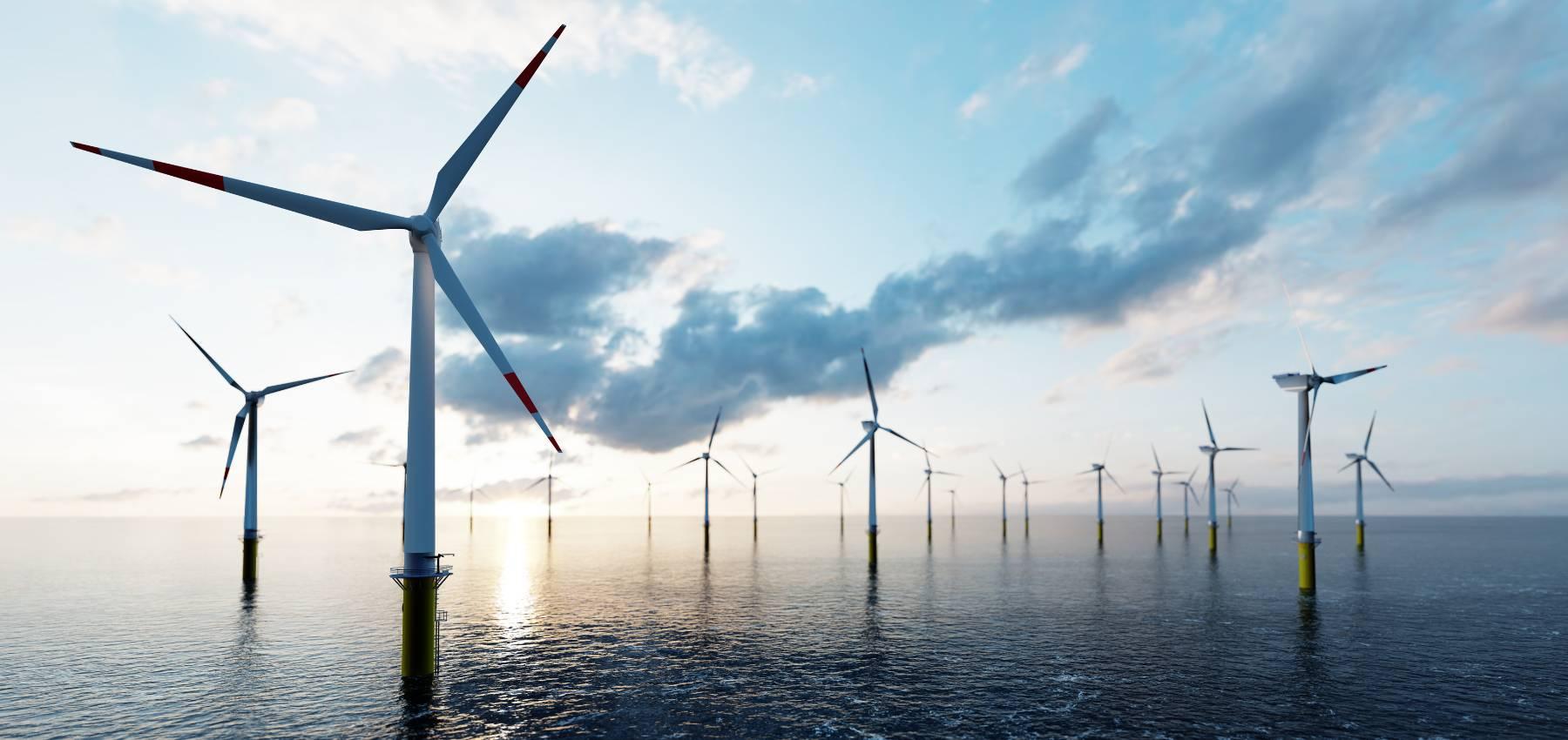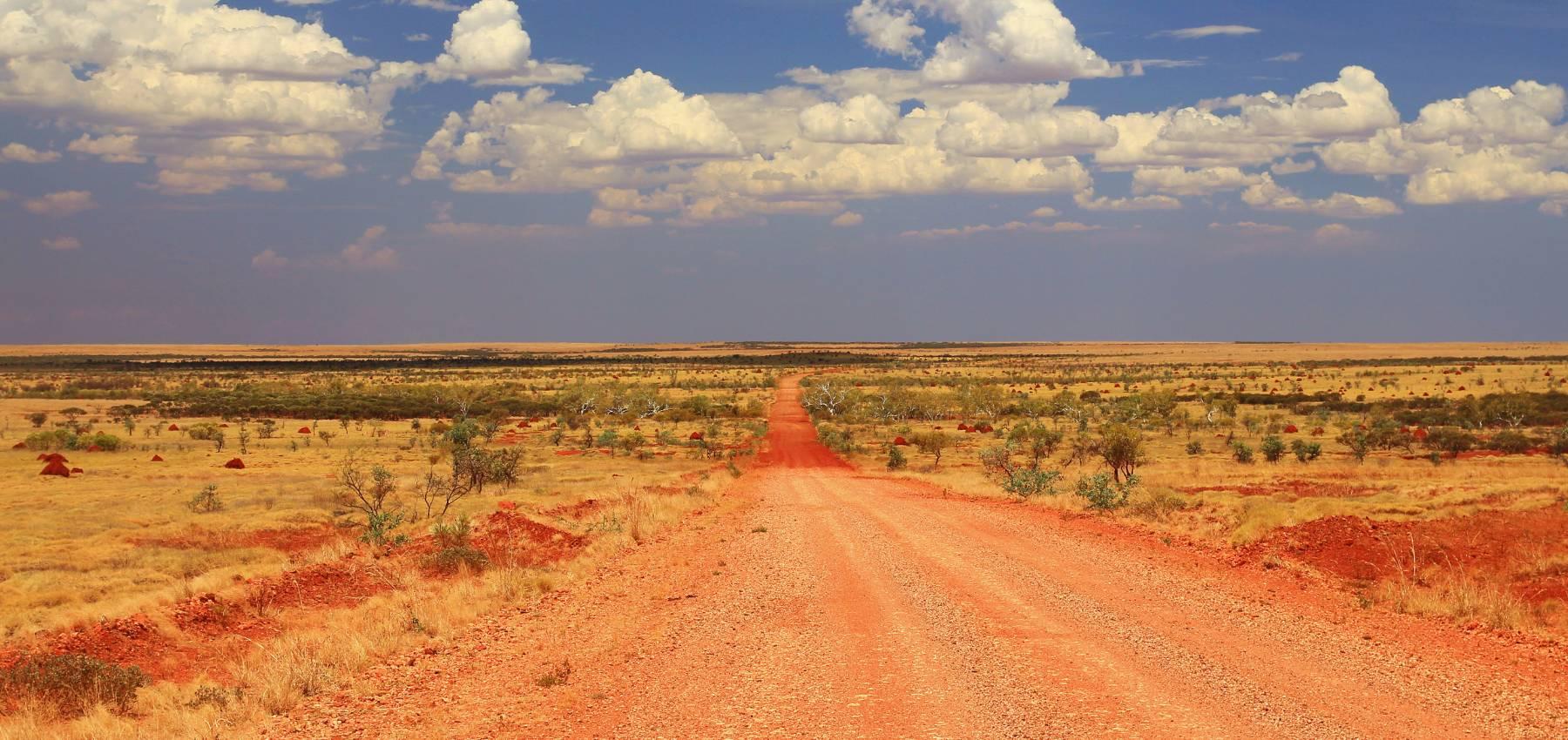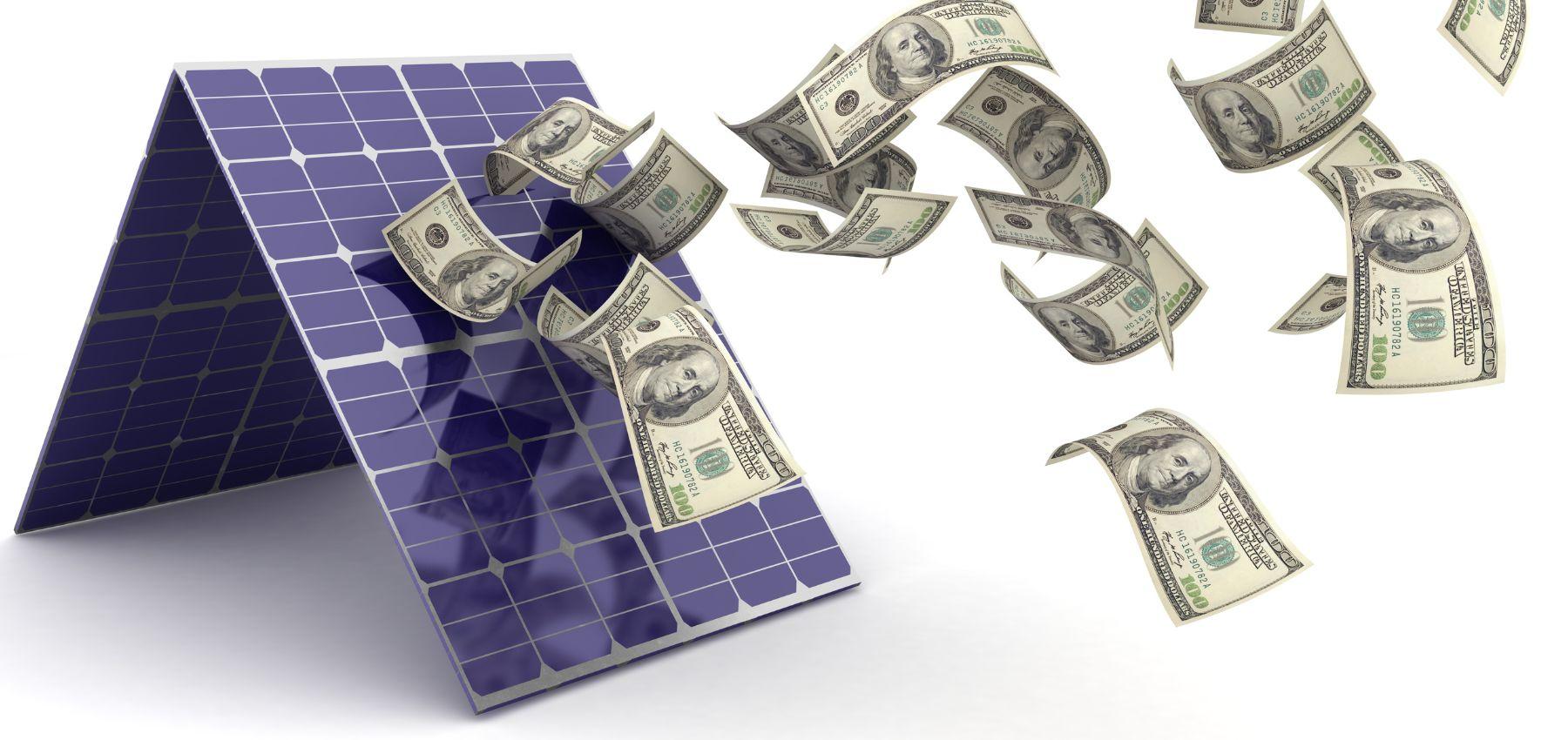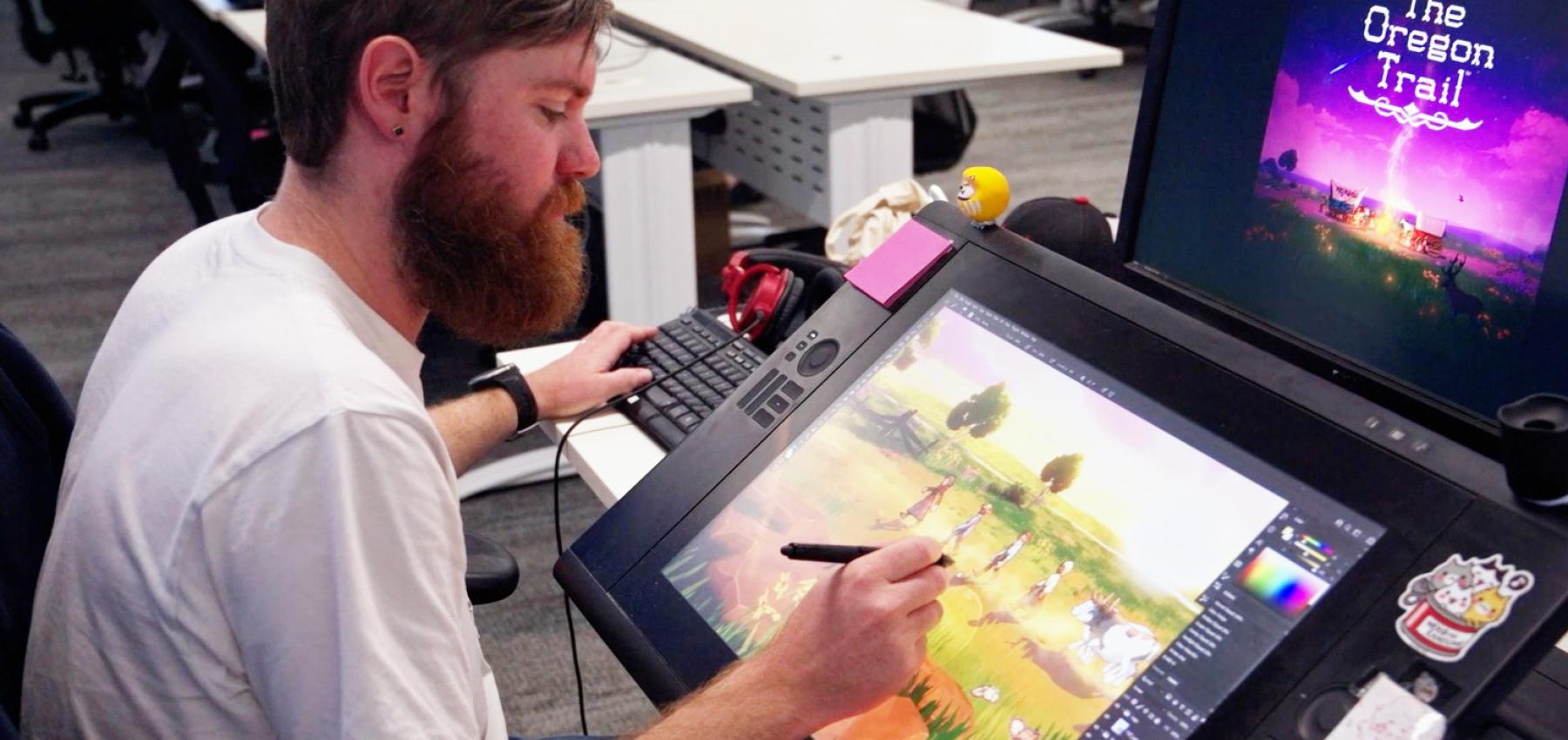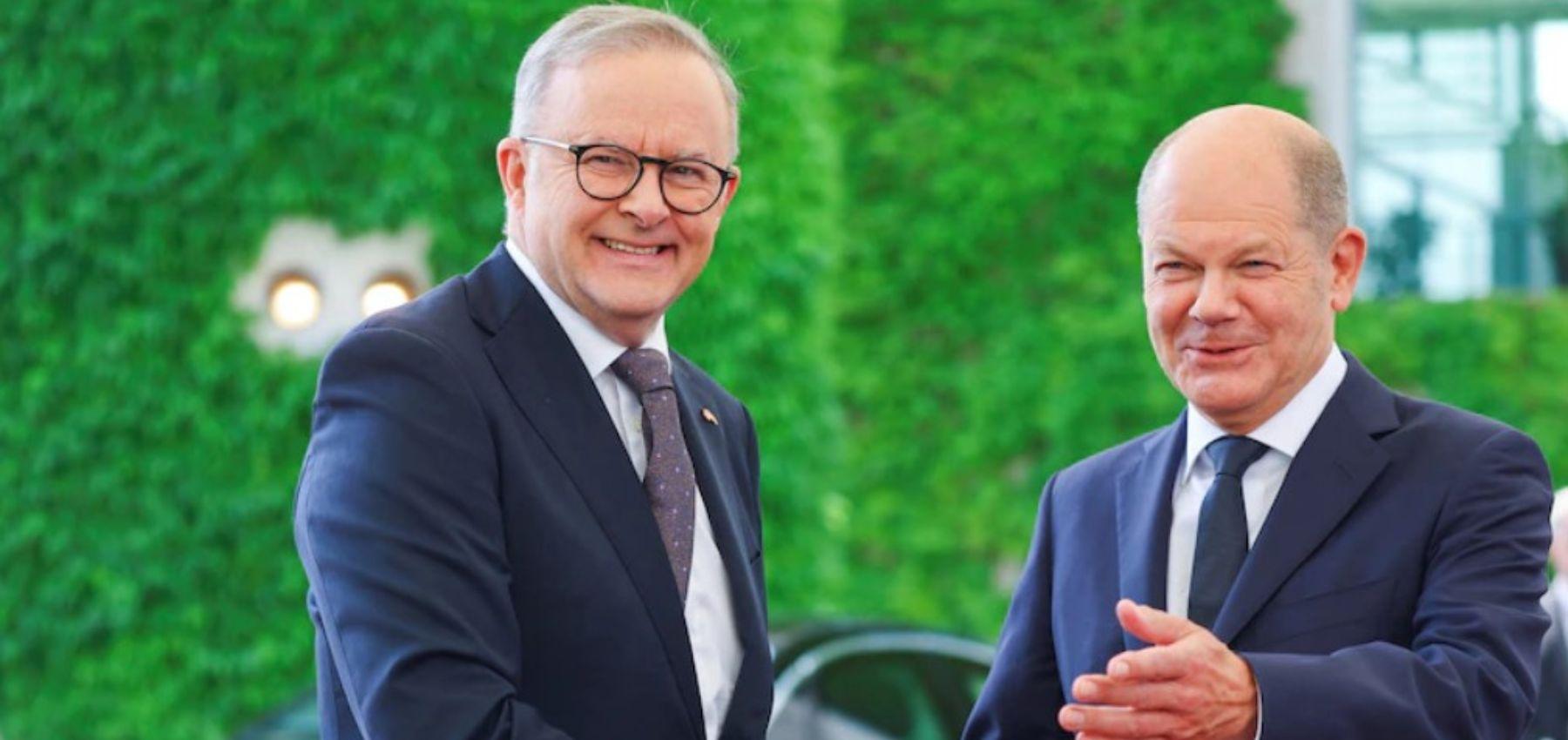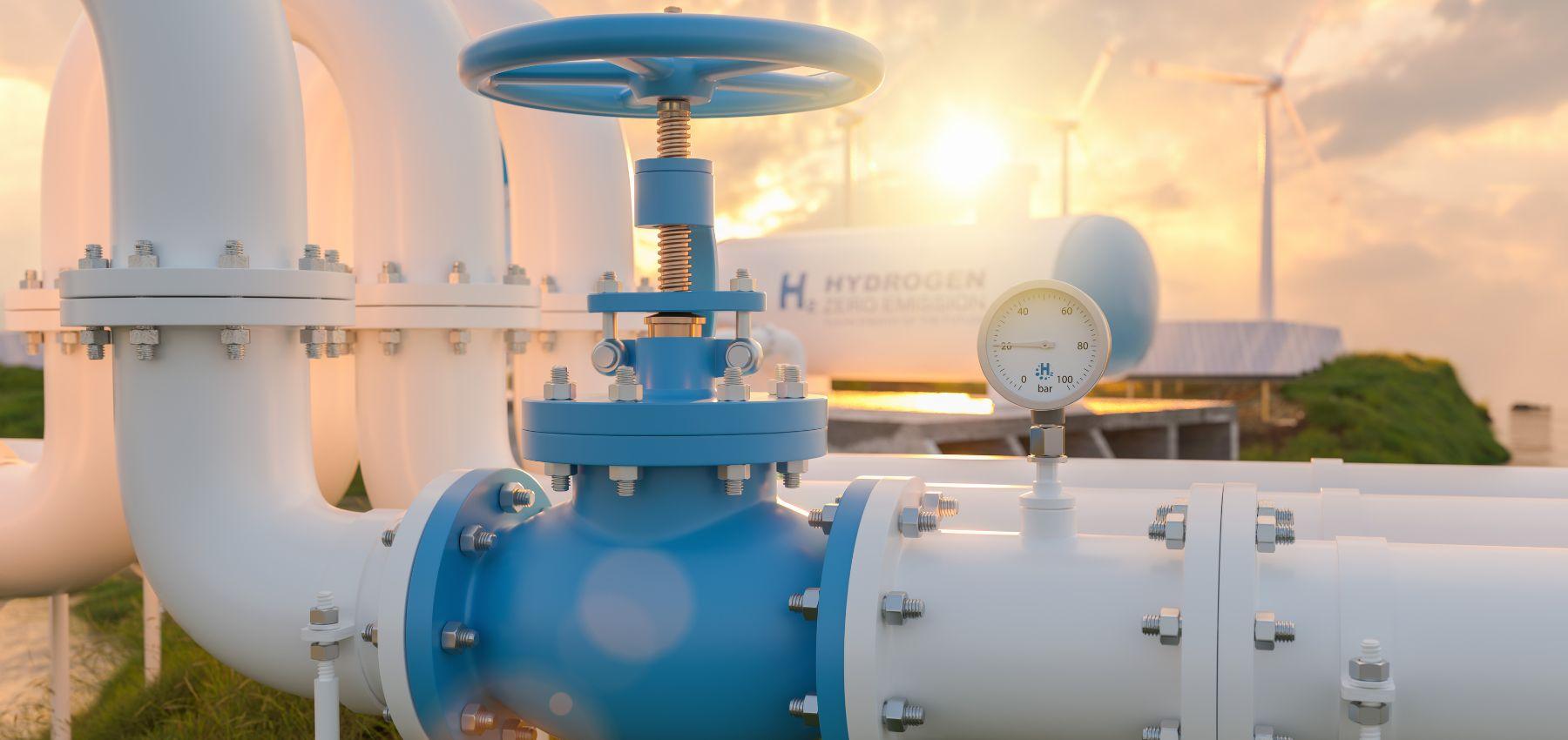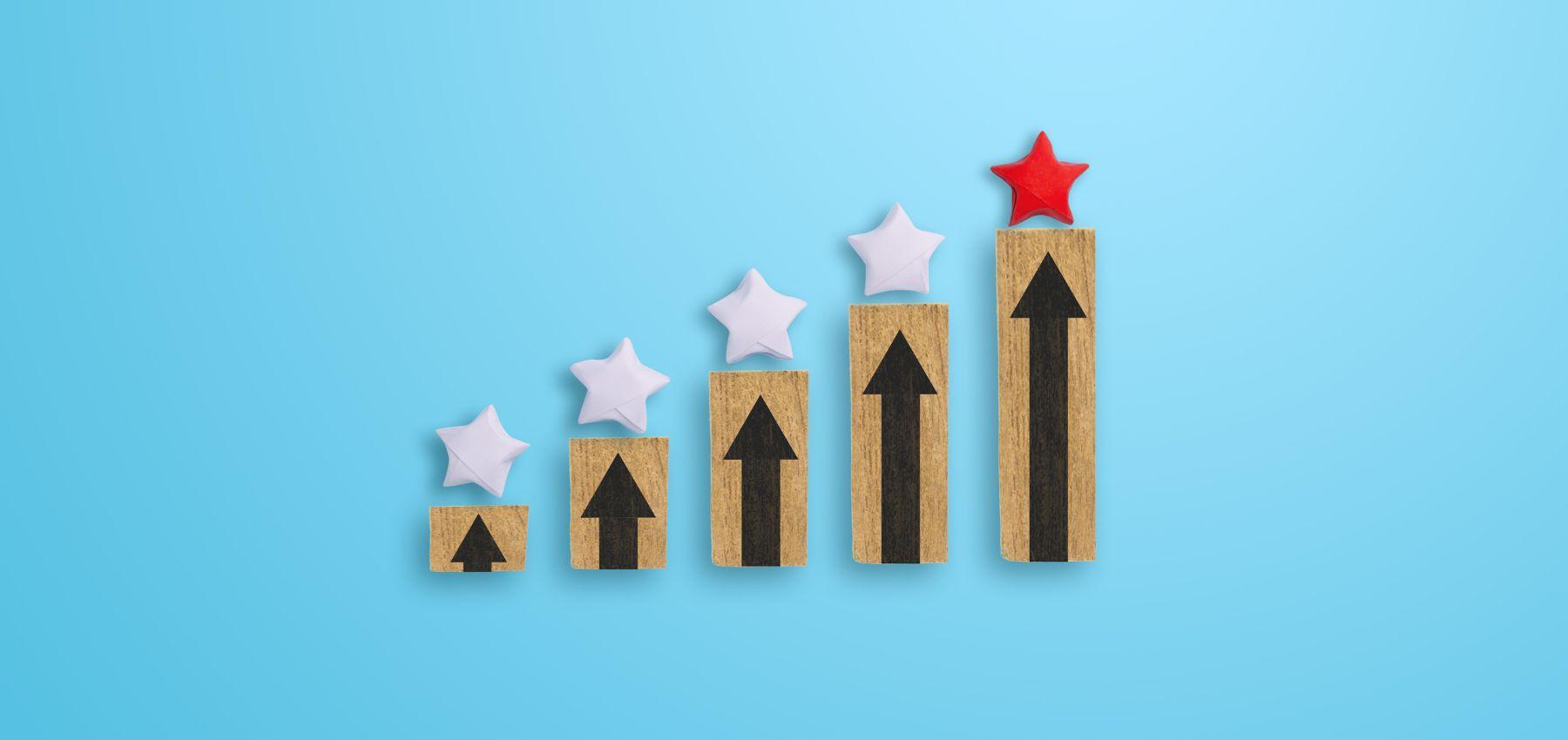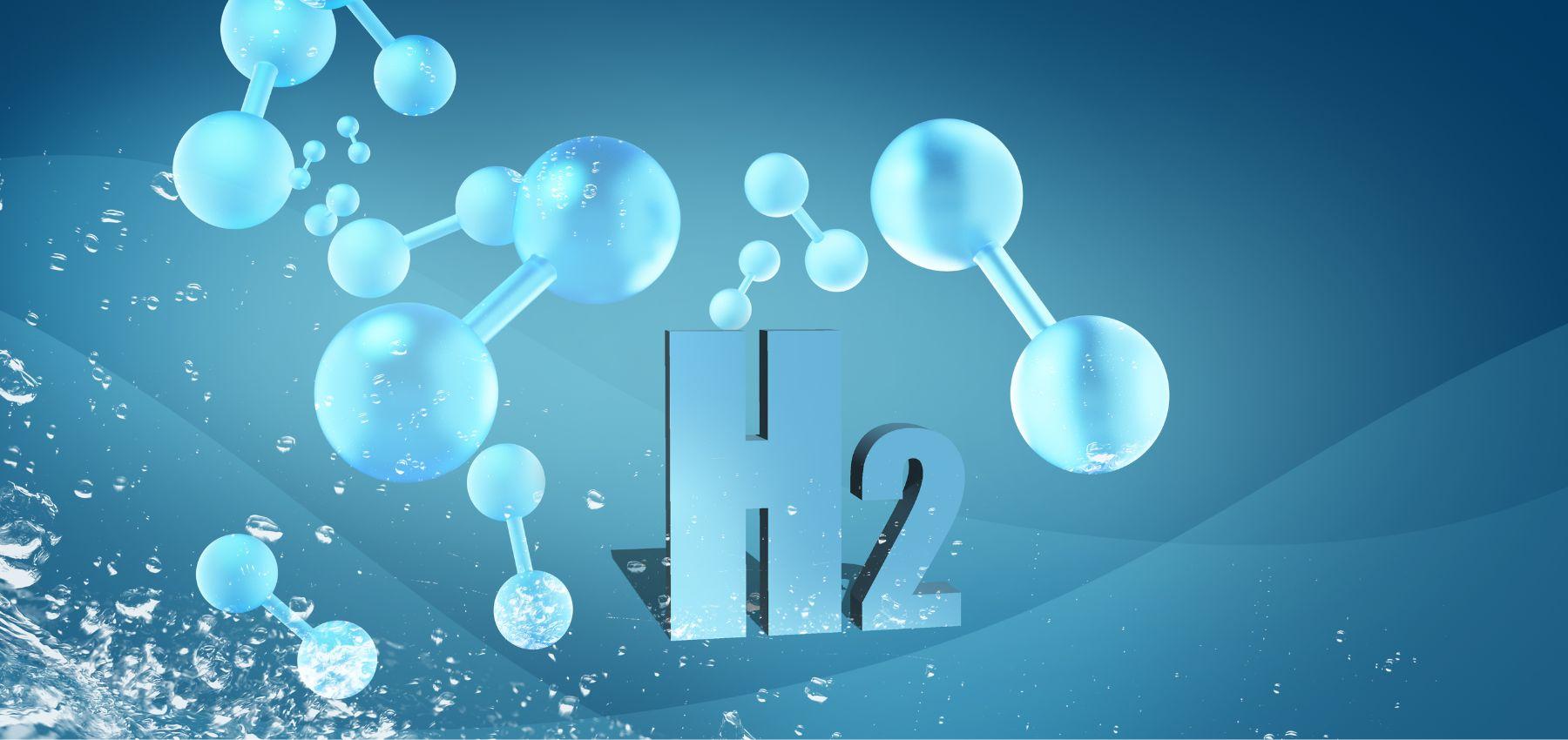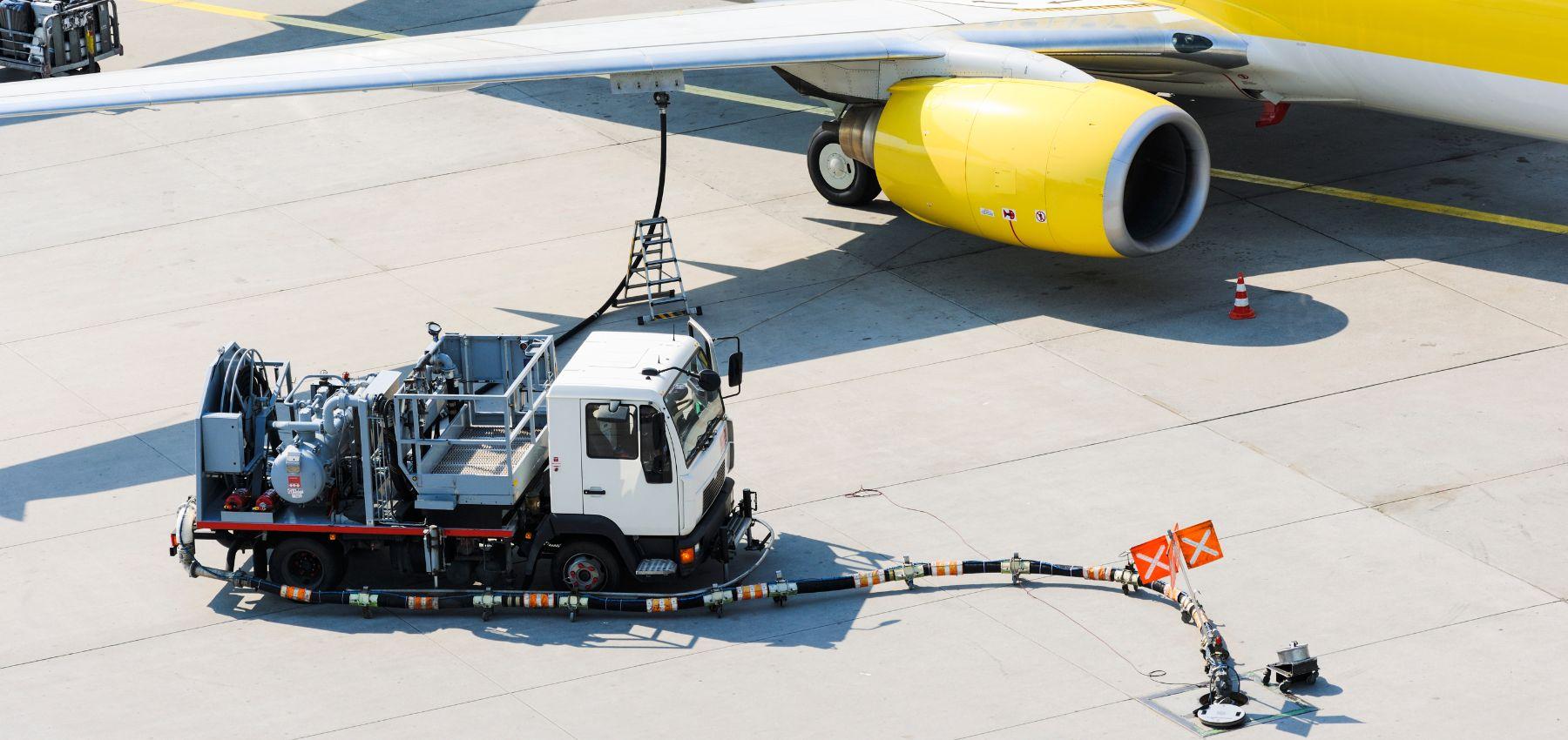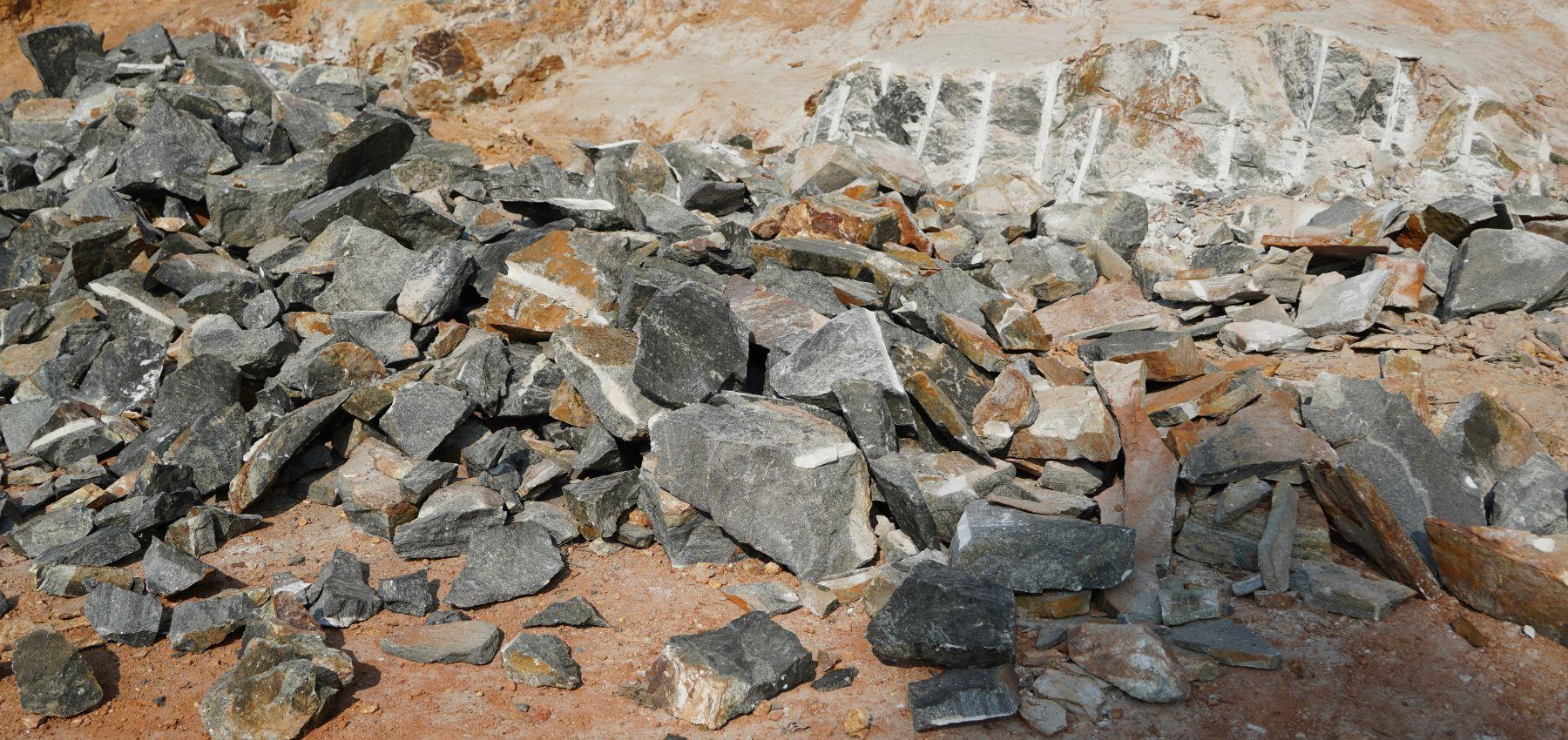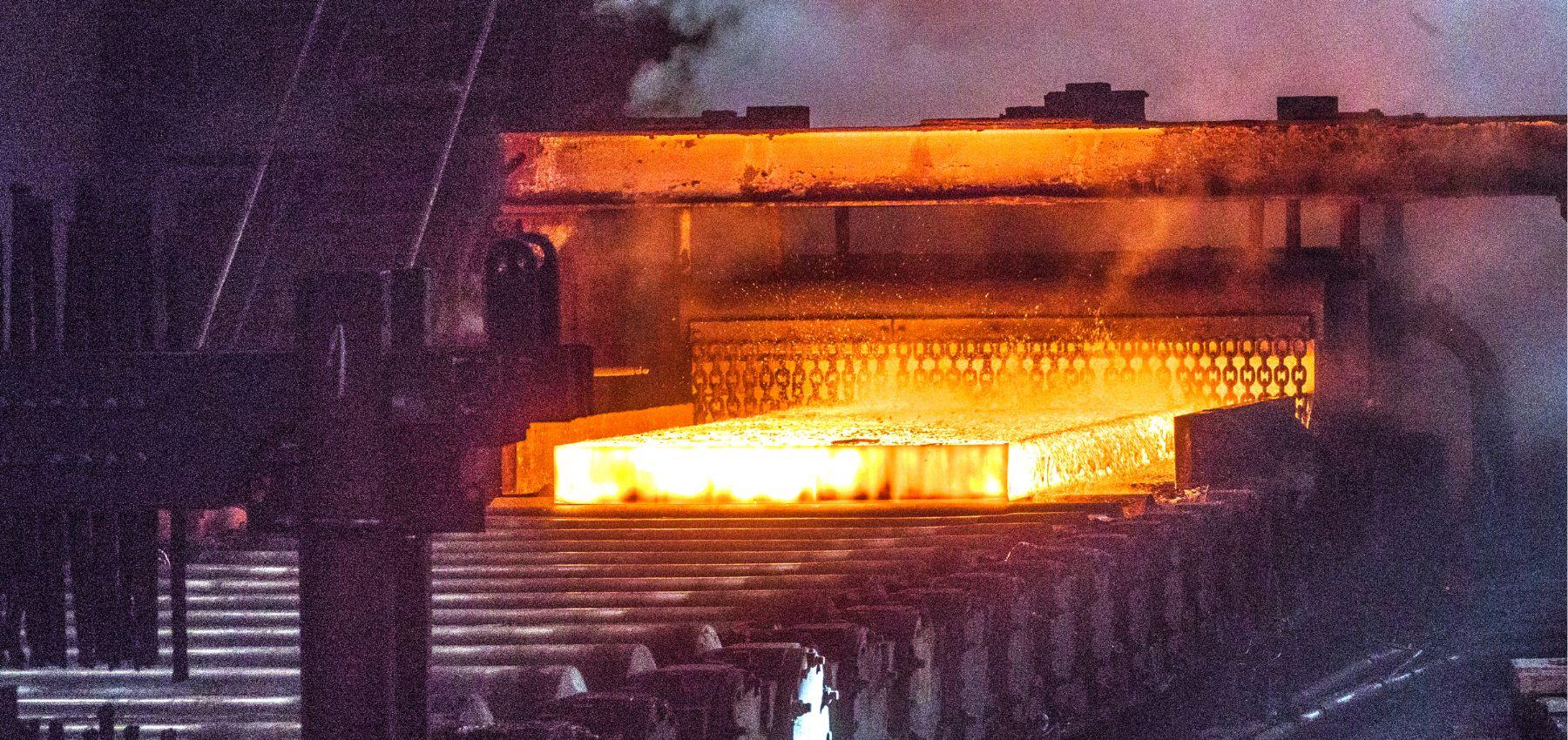Applications are now open for Australia’s Digital Games Tax Offset (DGTO). Under the DGTO, games developers can claim a 30% refundable tax offset on eligible projects with more than A$500,000 of qualifying expenditure. The DGTO can be combined with state-based incentives, meaning some projects can access benefits worth up to 45% of development costs. The DGTO portal has more information on eligibility criteria and application guidelines. Australia is one of the world’s leading destinations for digital games development, with over 3,000 people working at 400 studios. Global studios such as Sledgehammer Games, Riot Games, Keyword Studios, Electronic Arts and Gameloft have set up in Australia, attracted to its deep pool of talent, tax offsets and incentives, friendly developer community and relaxed lifestyle.

